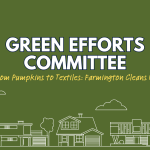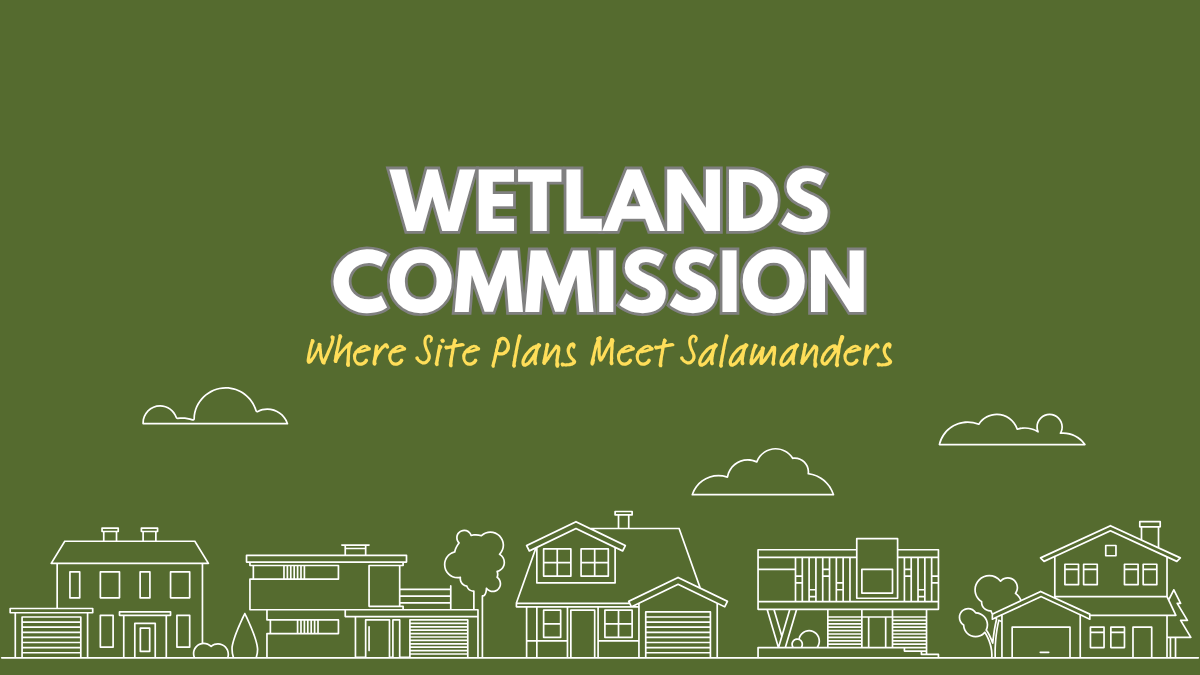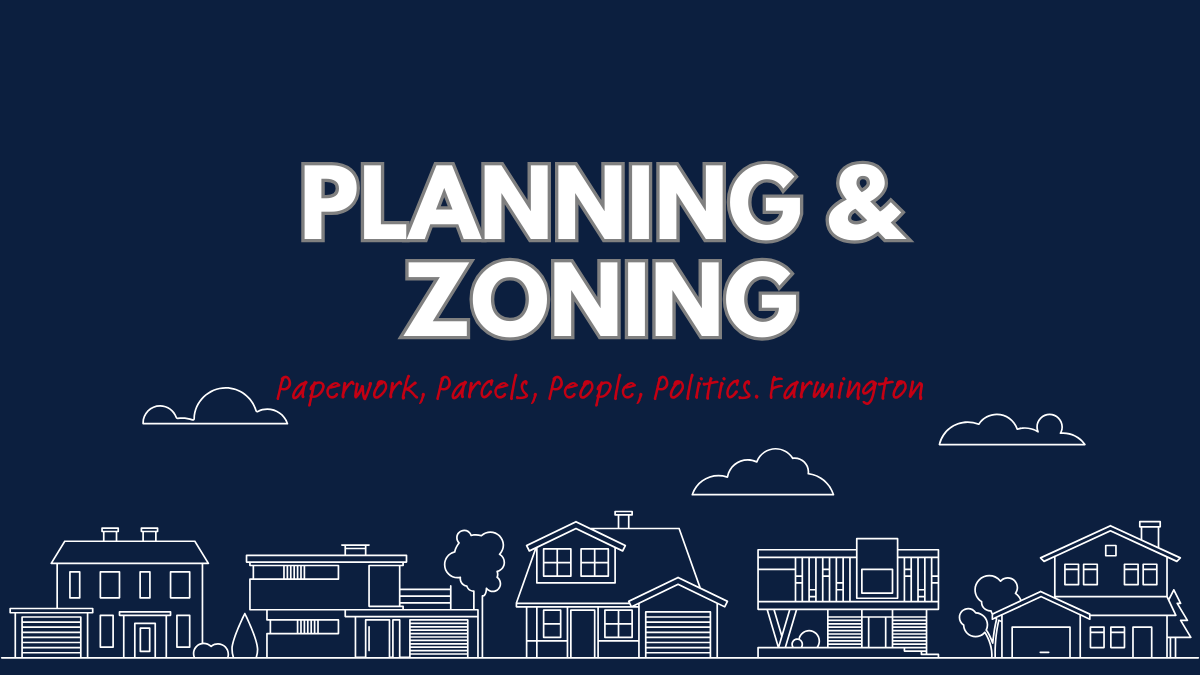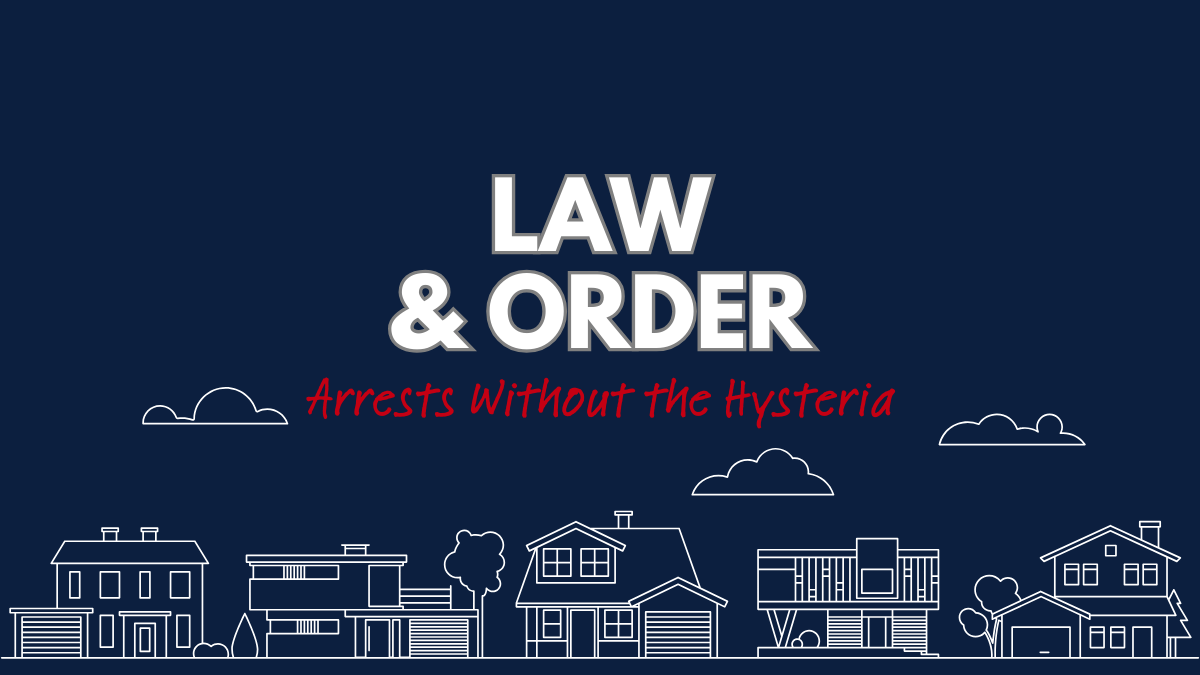Supreme Court Greenlights Virginia’s Eleventh-Hour Voter Purge Without Explanation, and Paul Manafort’s Spin Isn’t Helping 🗳️
Yesterday, October 30, the United States Supreme Court gave the Commonwealth of Virginia the green light to purge nearly 1,800 voters from its rolls mere days before Election Day. The Court ruled without any explanation or guidance, leaving room for partisan spins and outright mischaracterizations. Let’s set the record straight: this case wasn’t about keeping “illegal immigrants” off the voter rolls, despite the narrative peddled by Paul Manafort. Instead, it’s about timing, process, and a state’s apparent disregard for federal voter protections that were put in place to keep last-minute bureaucratic chaos from undermining democracy.
In his recent appearance on 2WayTV with Mark Halperin (watch here), Manafort claimed that “the Supreme Court ruled in favor of the Commonwealth of Virginia’s refusal to allow illegal immigrants who had declared they were not American citizens from participating in the vote.” This couldn’t be further from the truth. The real issue here? Virginia’s refusal to respect the NVRA’s Quiet Period—a federal rule explicitly designed to protect eligible voters from being stripped of their rights during an election crunch.
The NVRA Quiet Period Rule: A Necessary Guardrail for Democracy 🔍
The NVRA’s Quiet Period isn’t just some bureaucratic nicety. It’s a 90-day blackout period before federal elections where states are barred from conducting broad, data-driven purges. Only individualized removals based on clear evidence of ineligibility are allowed. The point? To keep legitimate voters from getting swept up in last-minute purges that happen too fast for errors to be corrected. Virginia ignored this mandate entirely, using DMV data to flag potential noncitizens by matching names and birthdates—hardly a failsafe method. As the district court noted:
“Virginia’s process relied on a systematic method, flagging voters based on general criteria, without additional verification or individualized review. This reliance on DMV data, matching based on shared names and birthdates, risks removing eligible voters without proper evidence of ineligibility” (Application for Stay, p. 6).
Virginia’s data-matching process here is exactly the kind of slapdash approach the NVRA’s Quiet Period was created to prevent. The goal isn’t to burden states; it’s to avoid the chaos that comes from blanket purges that strip eligible voters of their rights at a time when access to remedies is limited.
Poor Timing or Political Gamesmanship? 📉
Virginia could have conducted this purge well before the Quiet Period started, which would have aligned with NVRA rules. Instead, they kicked it off as soon as the Quiet Period began—prompting the district court to ask if this was just poor timing or something more strategic. The court didn’t hold back:
“Virginia’s failure to act within the federally mandated timeline undermines trust in its election procedures, creating a strong appearance of impropriety. The late timing could wrongly convey the impression that Virginia acted in disregard of federal protections” (Application for Stay, p. 9).
And the state’s proposed “fix”? Same-day registration. While that might sound convenient, it’s a band-aid on a bullet wound. Same-day registration means those affected by the purge lose out on early and absentee voting, effectively limiting their options:
“Same-day registration is not a sufficient remedy. By restricting voters’ access to early voting or absentee ballots, the purge risks discouraging voter participation—a burden that the NVRA’s Quiet Period explicitly aims to avoid” (United States Opposition, p. 10).
The Purcell Doctrine: A Convenient, But Misguided Defense 🔥
In a move that feels more like a legal smokescreen than a legitimate defense, Virginia invoked the Purcell doctrine, claiming that court intervention close to an election could cause voter confusion. But both the district court and the Fourth Circuit saw through this argument, noting that it was Virginia’s own disregard for the Quiet Period that created confusion in the first place. The Fourth Circuit was clear:
“Purcell’s rationale is to prevent disruptive last-minute changes to election procedures; however, here, the state’s own actions—by violating the NVRA Quiet Period—are the source of confusion and disruption” (Application for Stay, p. 12).
The courts emphasized that Purcell can’t be wielded as a shield to cover up non-compliance with federal law. The district court made it clear:
“The Purcell doctrine cannot be used as a shield against non-compliance with federal statutes, particularly when those statutes exist to prevent the very kind of last-minute voter purges Virginia attempted” (United States Opposition, p. 6).
In short, Purcell doesn’t cover you when you’re ignoring federal law, and the courts saw Virginia’s argument for what it was—a convenient but flimsy excuse.
The Supreme Court’s Silence: A Missed Opportunity to Set the Record Straight
Without a word of guidance or explanation from the Supreme Court, this ruling has become an open invitation for misinterpretation. And that’s exactly what we’re seeing from Paul Manafort. On 2WayTV, Manafort talked about the need for “finding common ground” and moving past “historic levels of rhetoric.” Yet by mischaracterizing this case as a win against “illegal voting,” he’s doing the exact opposite. Misleading narratives like this don’t foster unity—they create further division. Manafort himself observed, “The level of rhetoric in this campaign is at a historic level.” But by framing the case around “illegal immigrants” rather than Virginia’s failure to respect federal law, Manafort is only adding fuel to the fire.
As Halperin pointed out, “The media has to hold both sides accountable. The rhetoric is at an all-time high, and it’s going to take efforts on both ends to turn it down and focus on what can actually unite us.” If we’re serious about unity, then accuracy should be the bare minimum standard—especially when the stakes are this high.
Time for National Voting Standards to End the Partisan Games
If there’s one clear takeaway here, it’s that we can’t keep relying on piecemeal laws and inconsistent state standards to uphold election integrity. When states play fast and loose with NVRA guidelines, and the Supreme Court remains silent, we end up with a vacuum that encourages selective interpretations and divisive rhetoric.
🖋️ Signed, Peter Cellino
With coffee ☕ in hand and news on my mind, I’m here to bring you clarity on the stories that matter. Here at The Farmington Mercury, we’re committed to election insights, law enforcement updates, and much more. We might be “always last to breaking news,” but we’re always first in thoughtfulness. Join the conversation with us on X.com (formerly Twitter)—or as we call it, Twix!
🖋️ Peter Cellino, Publisher
Coffee in hand ☕ and news on my mind, I’m here to break down the stories that matter. Here at The Farmington Mercury, we take the long view, bringing clarity and context to election insights, law enforcement issues, and more. We might be “always last to breaking news,” but we’re always first in thoughtfulness. Join the conversation with us on X.com (formerly Twitter)—or as we call it, Twix!
20241029144447914_24A407_Stay_Opp_UnitedStates (1)20241029144447914_24A407_Stay_Opp_UnitedStates









